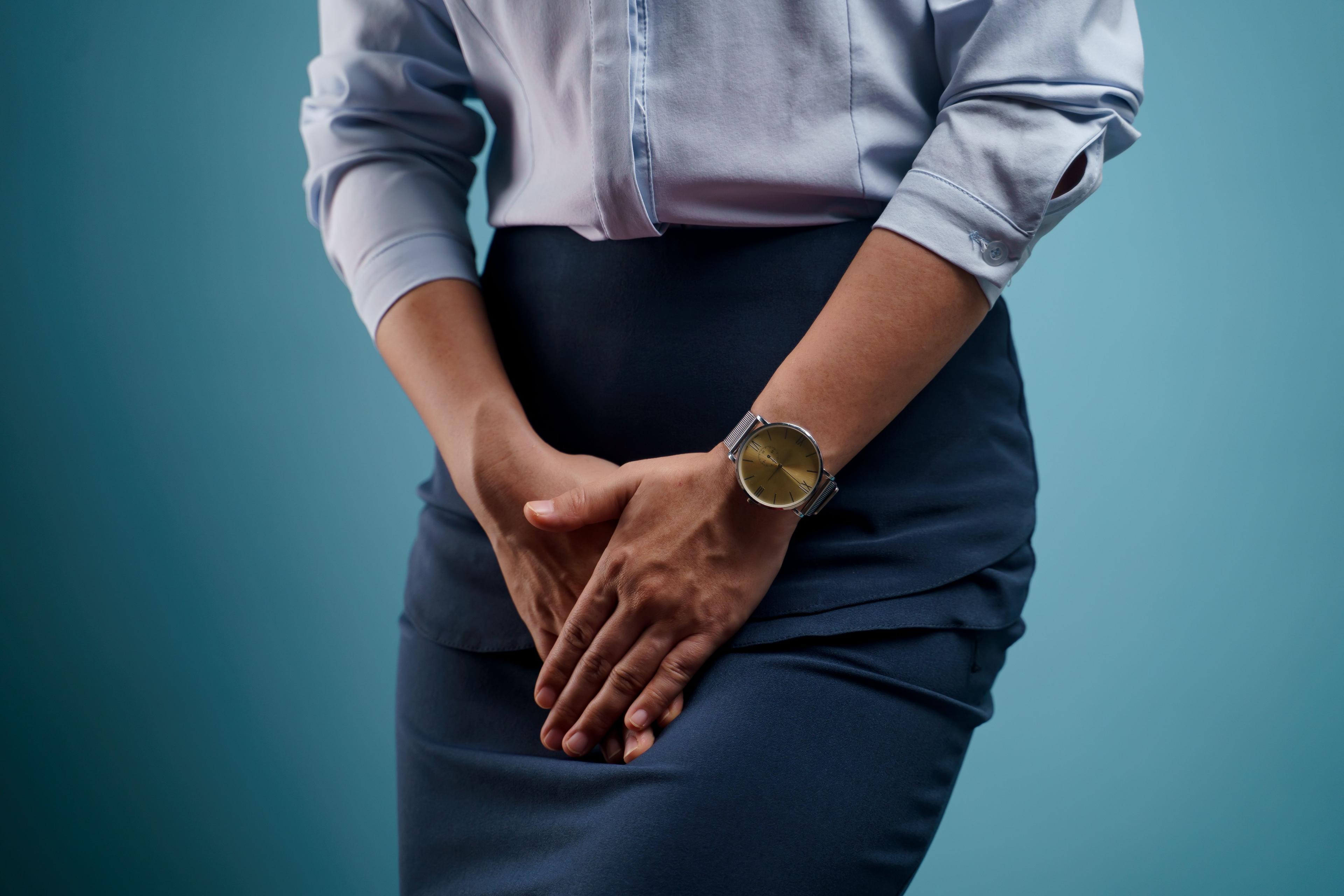Yeast infections are usually caused by the fungus, Candida, and produce some symptoms including irritation, discharge, and intense itchiness of the vagina.
As an exposed organ, the vagina is easily accessible, and prone to infections, especially the kind caused by yeast. If it's not managed properly, it can get out of hand and lead to serious complications such as infertility or sepsis.
However, we have good news for you! You can prevent this from happening. With the right knowledge, you can hack vaginal care using the following tips:
1. Keep it clean!
Keeping the vagina clean is a tricky subject. Seeing as 'too little' or 'too much' can cause harm. When it comes to maintaining a healthy vagina, you need to be intentional about it.
Keeping the vagina clean entails:
- Washing your vulva with warm water: The vulva is the external part of the vagina. You can do this by washing with warm water and drying thoroughly with a towel. If you must use soap, use a mild, non-irritating soap and avoid harsh chemicals. Using chemicals might disrupt the physiological state of the vagina, and lead to problems like a vaginal infection.
- Washing your undies: This is a no-brainer, and should be a priority on your list. Wearing dirty underwear is a big no-no, and can provide a suitable environment for microorganisms to thrive in the vaginal area.
- Managing your pubic hair: It's okay to shave your pubic hair. It allows your vaginal area to receive cool air. On the other hand, keeping pubic hair is said to serve healthy purposes (even though shaving can render the pubic hair lice homeless). There are some upsides, if you're down with it, to letting your pubic hair be. Pubic hair not only traps pathogens but also prevents them from entering the vagina. Bottom line? It is completely fine to shave your pubes now and then, but you might want to allow the hair to grow sometimes, especially if you already have an infection.
- Wiping correctly: After using the toilet, it is advisable to wipe from front to back. Wiping from back to front spreads microorganisms, and increases the likelihood of contracting an infection.
2. Practice safe sex.
One of the best ways to maintain vaginal health is to practice safe sex. Here are a few tips for achieving that:
- Use protection: Prevention, they say, is better than cure. If you're sexually active, you should ensure you use protection during sexual activity.
- Pee after sex: 'Why?', you might wonder. If you must know, peeing after sex helps to flush the microorganisms out of the urethra, and prevents the likelihood of an infection.
Get tested as often as possible: Don't wait till you notice bumps or itching inbreathability your vaginal area. See your doctor as often as possible and get tested. Besides, some infections are silent and won't present noticeable symptoms, until much later.
3. Wear comfortable undies.
A comfortable vagina is a happy and healthy vagina. Undies such as thongs 'suffocate' the vagina and provide a breeding ground for microorganisms, especially yeast. Try wearing loose and comfy panties. A great example is cotton underwear because it has the most absorbent material and promotes breath ability.
4. Try sleeping in your 'bathing suit' sometimes.
Yes. You read that right. Sleeping naked can help your vagina 'breathe'. It is a great way to not only improve vaginal health but also prevent yeast infections. Similarly, yeast thrives in a moist and warm environment.
5. Don't douche.
The word "douche" is French for wash or soak. Douching involves squirting water through a tube or nozzle into the vagina and allowing it to come back out. Doctors strongly warn against it. Research reveals that it disturbs the normal and microbial balance of the vagina, leaving it vulnerable to infections. Douching also forces pathogens up the cervix and causes uterine infections or infertility. Moral of the story? Don't douche, especially if you want to keep your vagina free from complications. A nice wash of the vulva with warm water is good enough. Besides, the vagina cleanses itself intermittently.
In conclusion, maintaining vaginal health and preventing yeast infections should be a priority for all women. If you experience any symptoms or have concerns about your vaginal health, it is always recommended to seek professional medical advice. Don't hesitate to reach out and consult with a doctor on North who can provide personalized guidance and address any concerns you may have.
